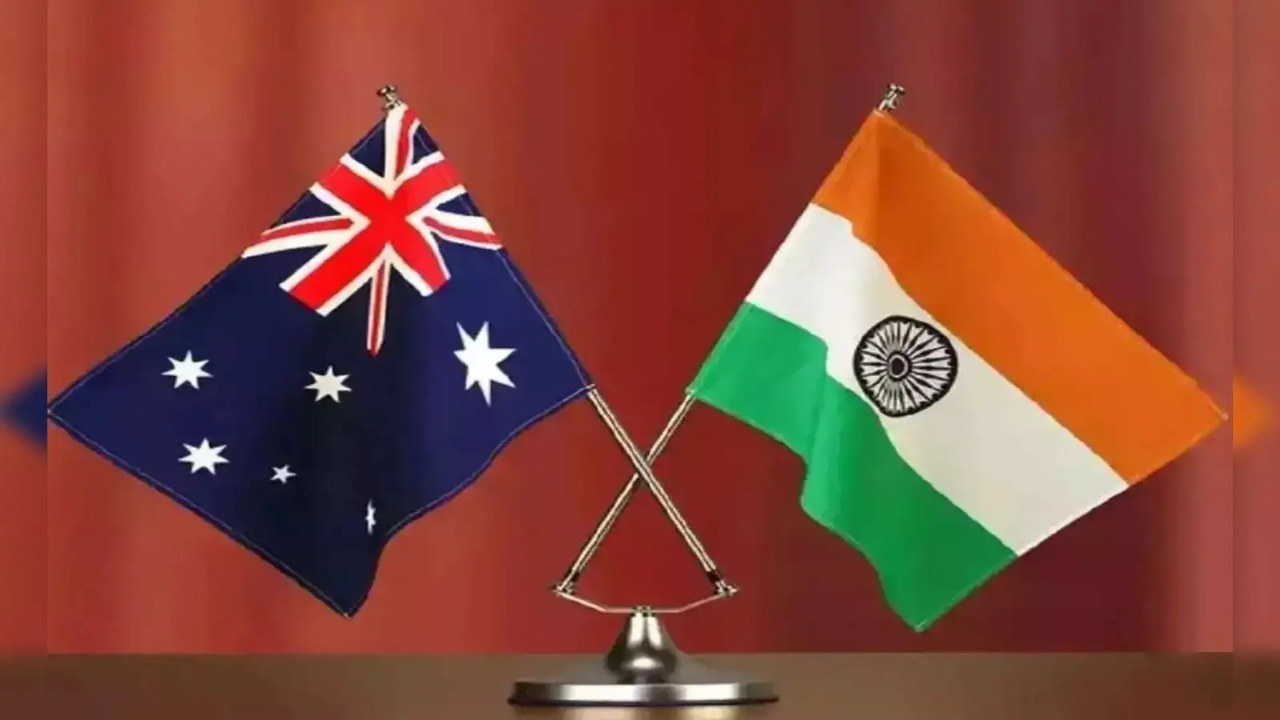India has strongly turned down Australia's proposal for further tariff reductions on wine and dairy products, casting a shadow over the second phase of the Comprehensive Economic Cooperation Agreement (CECA). The action is an indication of India's move to protect politically sensitive industries in the midst of increasing pressure from domestic players.
A few highlights from the negotiation impasse:
India's denial is due to apprehension for the livelihood of millions of small-scale dairy farmers and the fledgling domestic wine sector
Gujarat and Maharashtra farm unions, and the $35 billion alcohol beverage industry, have opposed further concessions
Australia requires a sharper cut in tariffs and reduced price levels for wine and better access for specialty dairy products like whey concentrate and lactose.
Under the 2022 temporary deal, duties on Australian wine priced over $5 decreased to 100% from 150%, downgraded to 50% over 10 years; the same treatment applies to bottles over $15 in price
Milk products currently face 20% to 30% tariffs, which Australia would like to lower to compete with European exporters.
India's net trade position:
They remain ready to lower tariffs on non-agricultural goods and increase cooperation in services and visa openness
The CECA aims to boost bilateral trade to $100 billion annually from $30 billion
Despite the impasse, both sides express optimism about reaching a balanced agreement by year-end
India's stance is a political synthesis of economic pragmatism and political sensitivity, suggesting liberalization of trade won't take place on the backs of vulnerable indigenous industries.
Sources: Economic Times, Reuters, Hindustan Times, Moneycontrol, The Hindu BusinessLine, India Today
